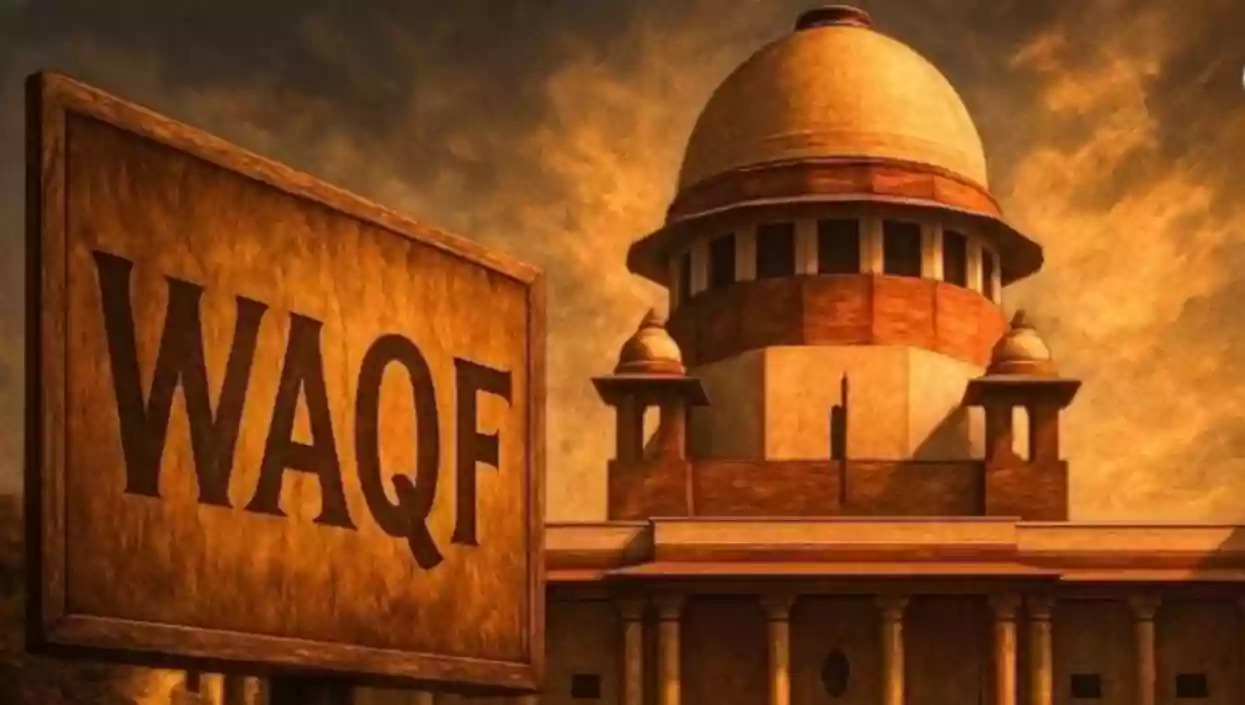.gif)
.gif)

The Supreme Court on Monday began hearing a batch of petitions challenging the controversial Waqf law, which governs religious endowments and empowers the government to regulate Waqf properties. A two-judge bench comprising Chief Justice BR Gavai and Justice Augustine George Masih took up the matter, signalling that interim orders on some contentious provisions might be passed soon.
In a previous hearing, it was decided that only five leading petitions would be heard out of the many filed. The core issues revolve around the government's expanded role under the Waqf Act, particularly on the power to denotify properties and the appointment of members to Waqf boards and councils.
The government, meanwhile, has voluntarily paused two provisions of the law pending court direction. It has assured that no Waqf property, including those claimed through ‘waqf by user’—a method where prolonged religious use defines ownership—will be denotified. Additionally, it will hold off on making new appointments to the Central Waqf Council and state boards.
Arguments are being presented by top lawyers on both sides. Senior advocates including Kapil Sibal, Abhishek Manu Singhvi, Salman Khurshid, and Rajiv Dhawan are representing the Muslim side challenging the law. On the other end, legal luminaries such as Rakesh Dwivedi and Maninder Singh are defending its provisions. Each side has been allocated two hours for arguments.
The three core areas under judicial review include the authority to denotify Waqf properties, the inclusion of non-Muslims in Waqf boards, and the rule that allows a district collector to declare whether a property is government land, overriding its Waqf status. The outcome of this case could redefine how religious properties are governed in India.